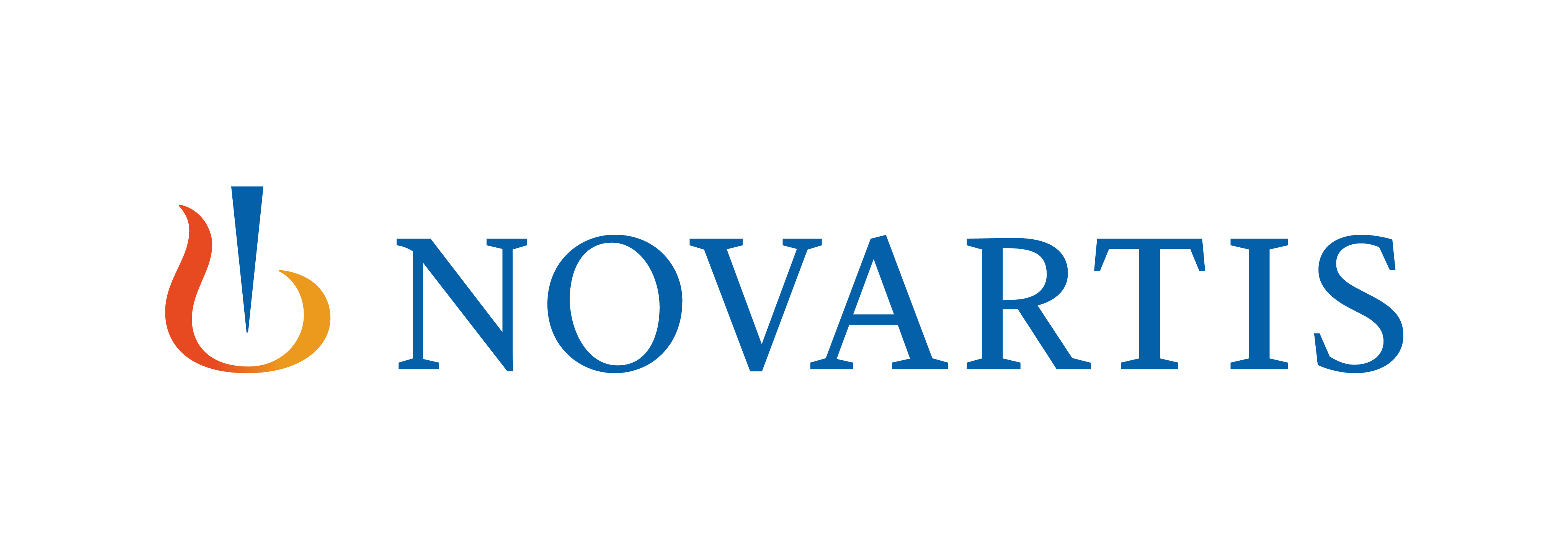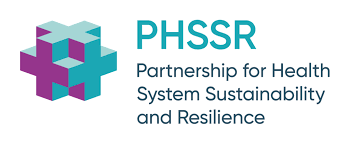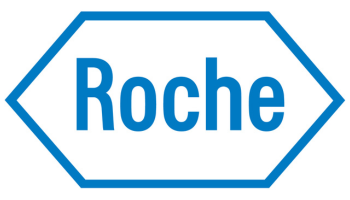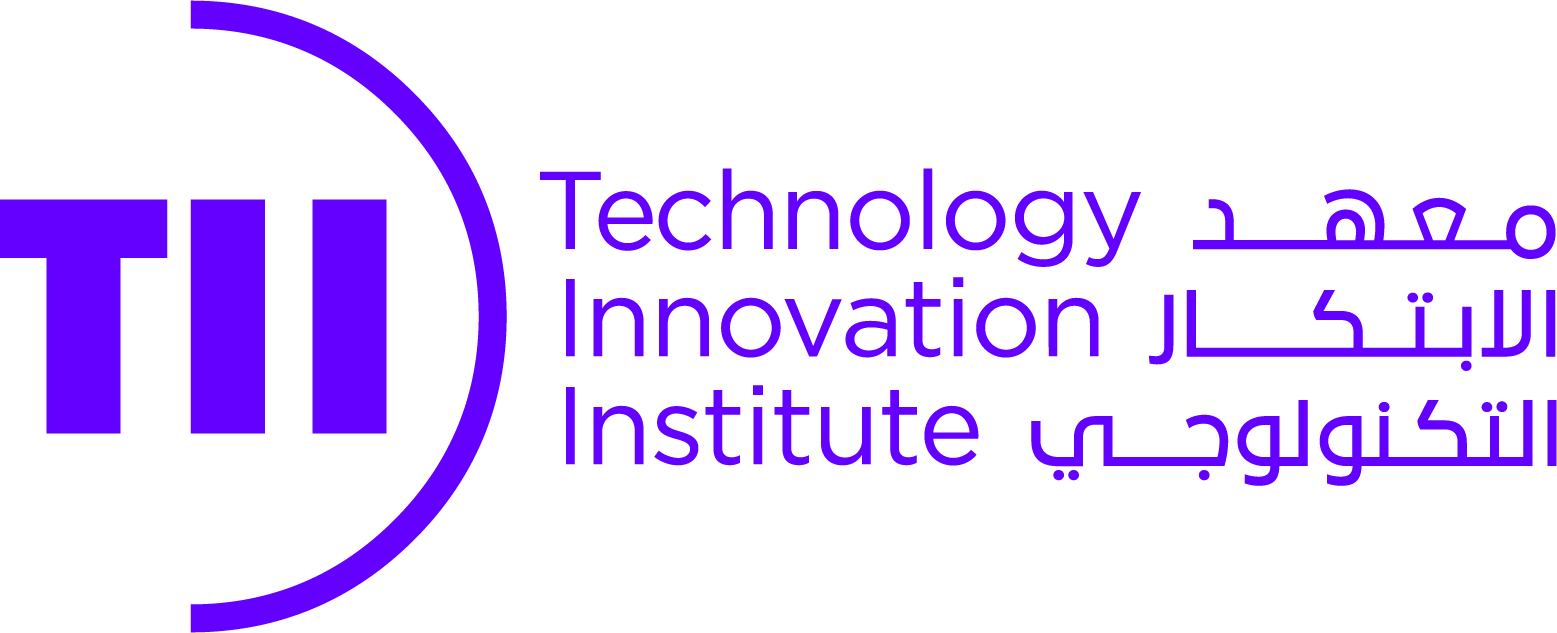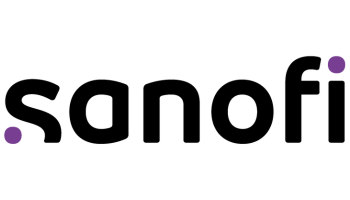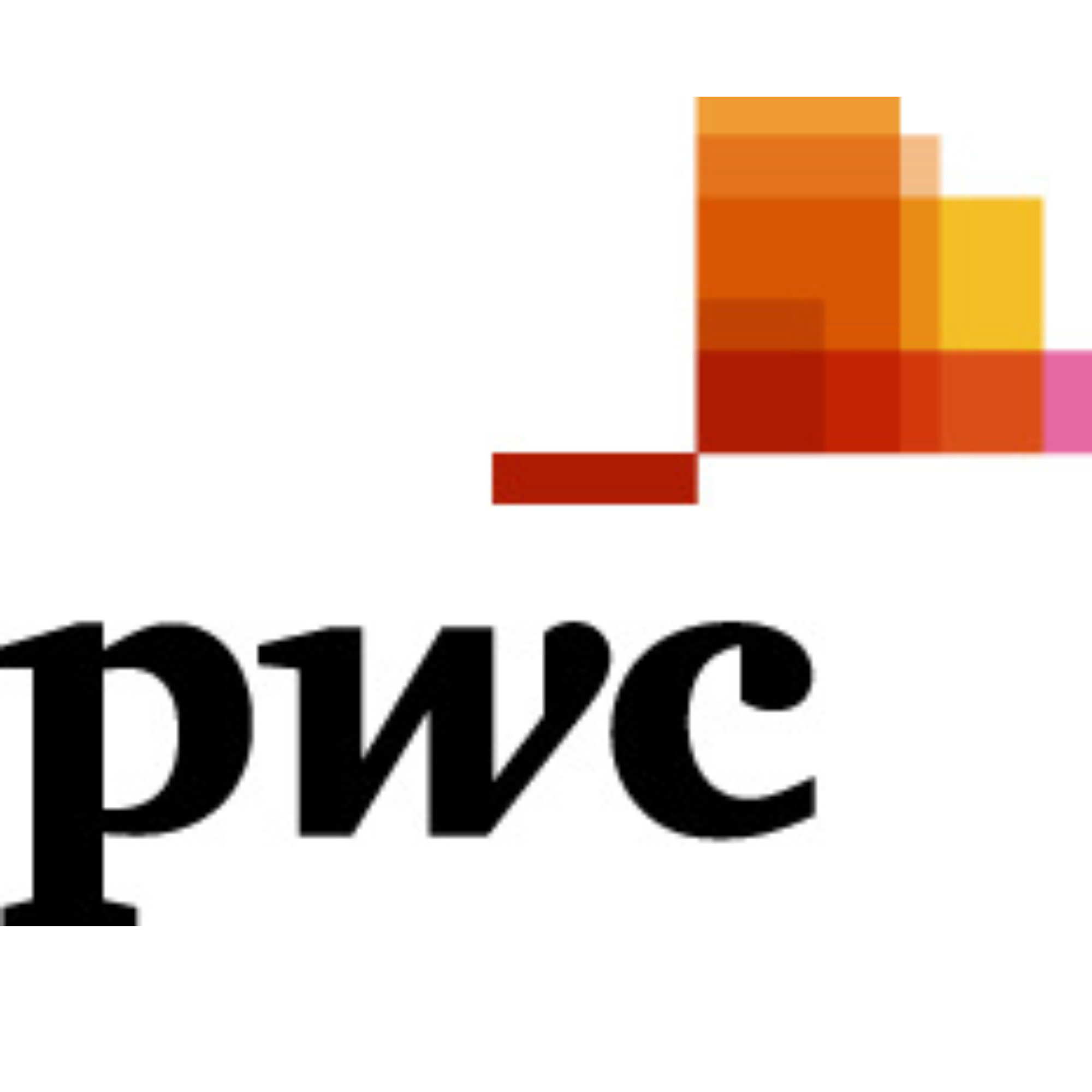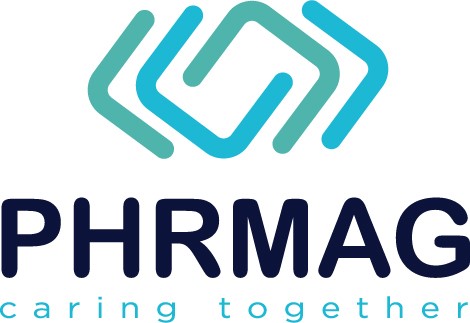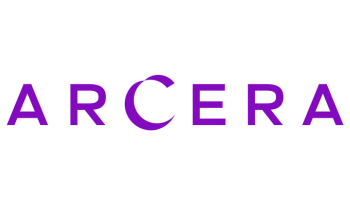تحت رعاية سموّ الشيخ خالد بن محمد بن زايد آل نهيان، ولي عهد أبوظبي رئيس المجلس التنفيذي لإمارة أبوظبي
Under the Patronage of His Highness Sheikh Khaled bin Mohamed bin Zayed Al Nahyan, Crown Prince of Abu Dhabi and Chairman of Abu Dhabi Executive Council
Australia to ban recreational vaping in major public health move

By Tiffanie Turnbull
BBC News, Sydney
Recreational vaping will be banned in Australia, as part of a major crackdown amid what experts say is an "epidemic".
Minimum quality standards will also be introduced, and the sale of vapes restricted to pharmacies.
Nicotine vapes already require a prescription in Australia, but the industry is poorly regulated and a black market is thriving.
Health Minister Mark Butler says the products are creating a new generation of nicotine addicts in Australia.
Also known as e-cigarettes, vapes heat a liquid - usually containing nicotine - turning it into a vapour that users inhale. They are widely seen as a product to help smokers quit.
But in Australia, vapes have exploded in popularity as a recreational product, particularly among young people in cities.
"Just like they did with smoking... 'Big Tobacco' has taken another addictive product, wrapped it in shiny packaging and added sweet flavours to create a new generation of nicotine addicts," Mr Butler said in a speech announcing reforms on Tuesday.
"We have been duped."
Vapes are considered safer than normal cigarettes because they do not contain harmful tobacco - the UK government is even handing them to some smokers for free in its "swap to stop" programme.
But health experts advise that vapes are not risk-free - they can often contain chemicals - and the long-term implications of using them are not yet clear.
- Vaping - is it a risk-free option?
- Young non-smokers told not to take up vaping
The Australian government argues they are a public health threat, disproportionately affecting young people, many of whom haven't smoked before.
Research suggests one in six Australians aged 14-17 years old has vaped, and one in four people aged 18-24.
"Only 1 in 70 people my age has vaped," said Mr Butler, who is 52.
He said the products are being deliberately targeted at kids and are readily available "alongside lollies and chocolate bars" in retail stores.
He added that vaping had become the "number one behavioural issue" in high schools. Some have begun installing vape detectors in bathrooms, Australian media have reported.
The health minister said the federal government would work with state and territory governments on potential penalties for possession of e-cigarettes unless they had been prescribed.
Reforms toughen already strict rules
Australia already has some of the strongest anti-smoking laws in the world. Mr Butler on Tuesday compared the new vape reforms to those used to reduce cigarette smoking in Australia to one of the lowest levels among advanced countries.
- How Australia is stubbing out smoking
The reforms include a ban on all disposable vapes and a crackdown on the import of non-prescription products.
Scripts will be necessary for the vaping products that remain legal, and they will be required to have pharmaceutical-like packaging. Restrictions on flavours, colours, nicotine concentrations and other ingredients will also be introduced.
"No more bubble-gum flavours, pink unicorns or vapes disguised as highlighter pens for kids to hide them in their pencil cases," Mr Butler said.
However he said the government will also make it easier for people to get a prescription for "legitimate therapeutic use".
A timeline for implementation will be announced at a later date.
A handful of other countries, like Singapore and Thailand, have also banned vaping and Australia's medicines regulator - the Therapeutic Goods Administration - has been recommending reform.
The Cancer Council said the changes could "reverse the e-cigarette epidemic and prevent history repeating itself for a new generation of Australians".
But some politicians, industry bodies and health professionals say Australia should be relaxing its laws.
National Party leader David Littleproud has previously argued the country should emulate New Zealand's approach and regulate nicotine vapes much like cigarettes. Others have expressed concern harsher restrictions could see more people turn to the unregulated illegal market.
Source: bbc.com







